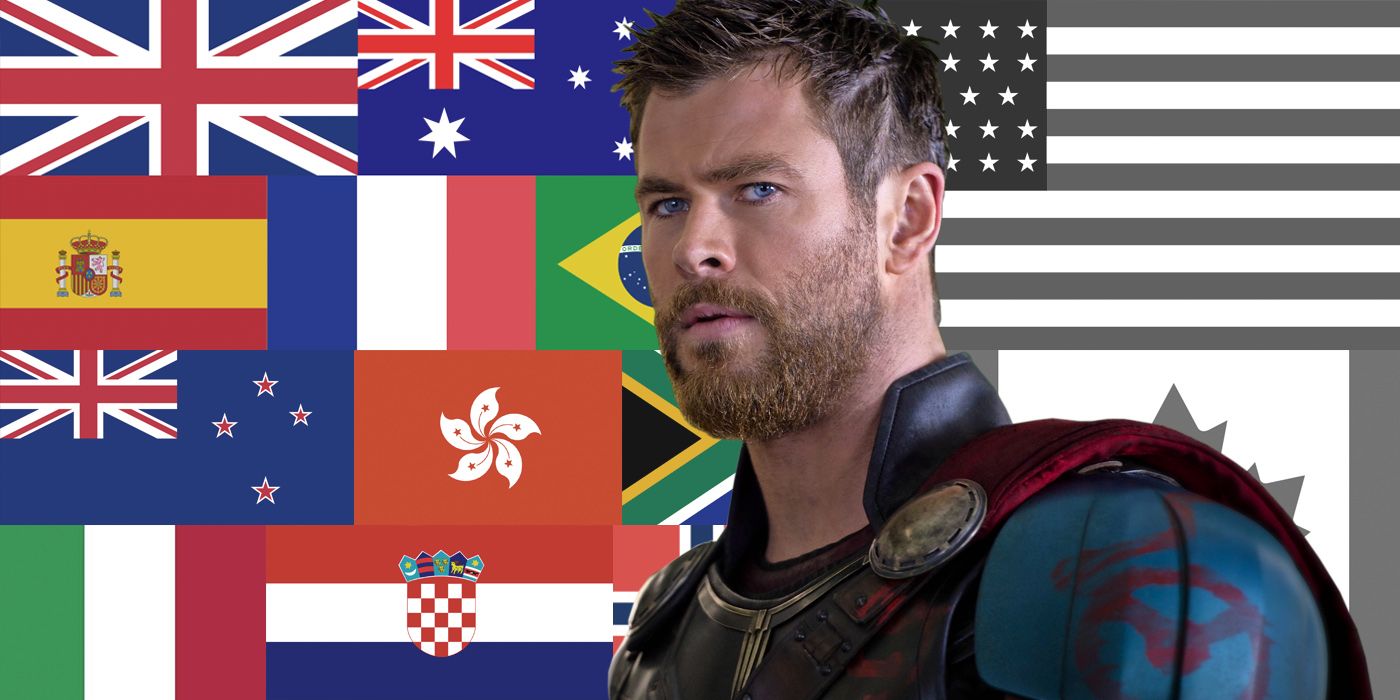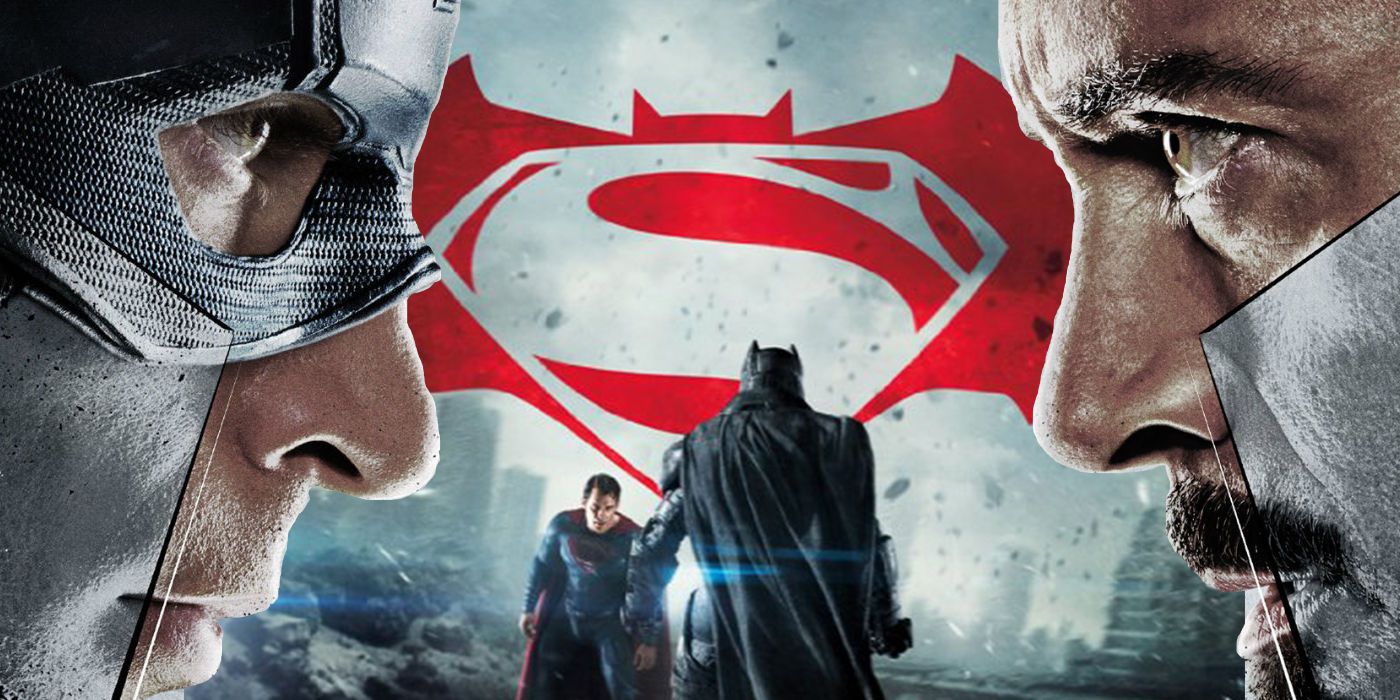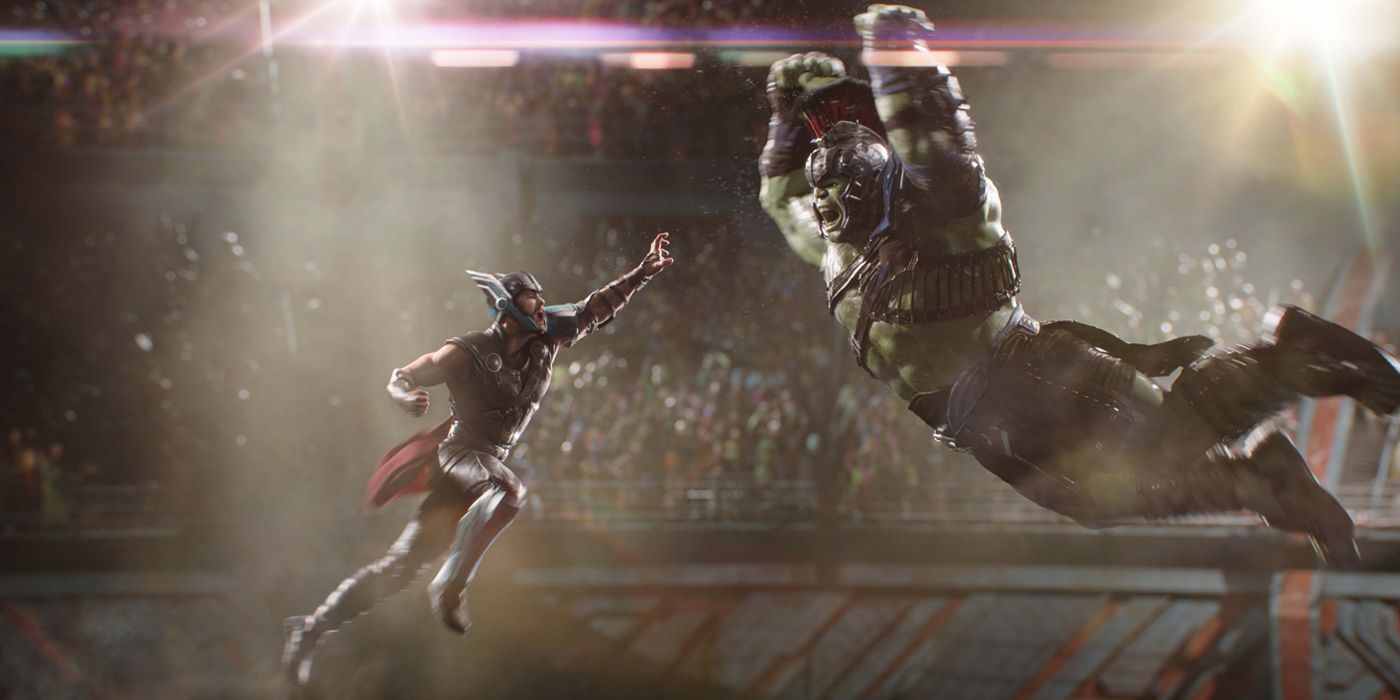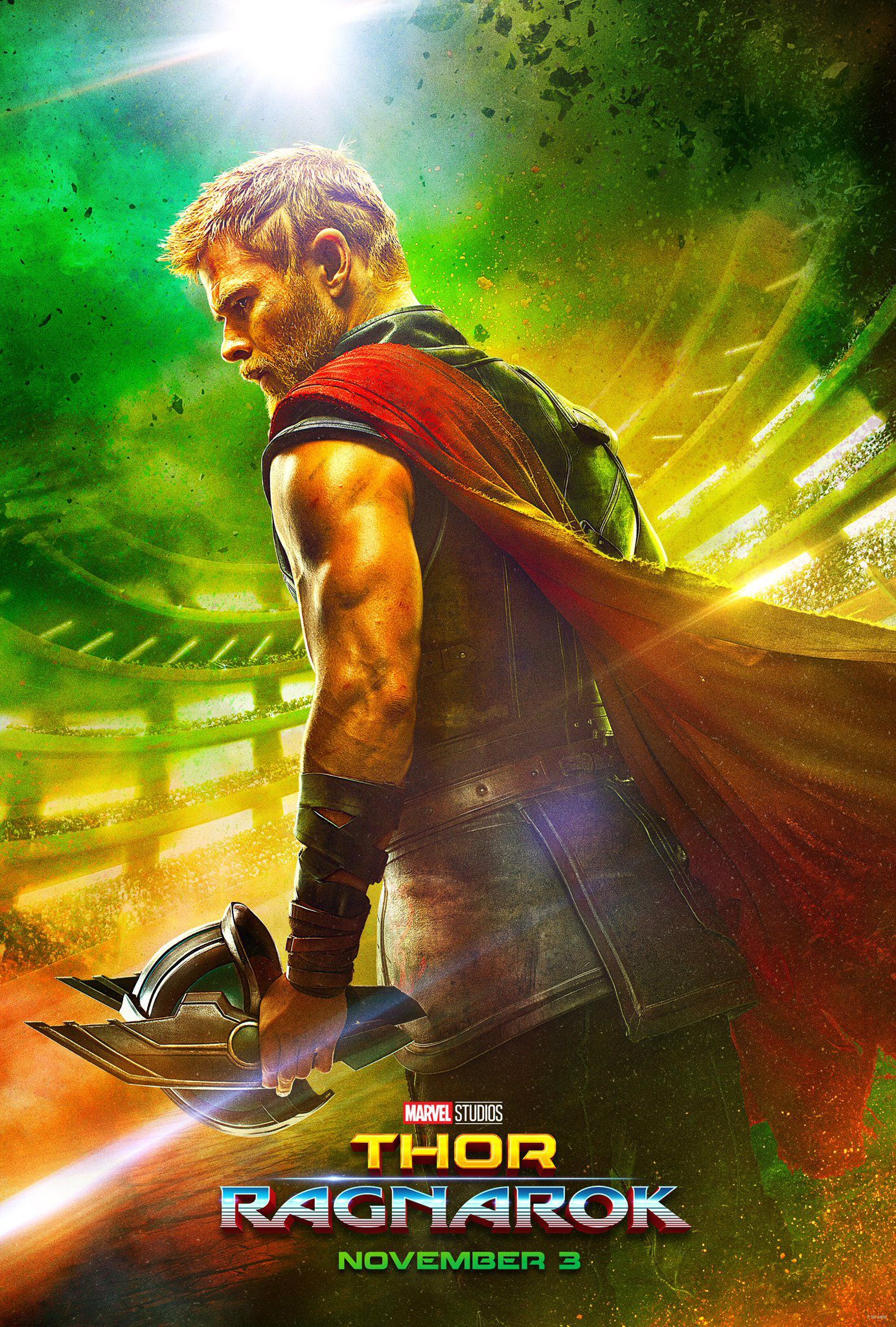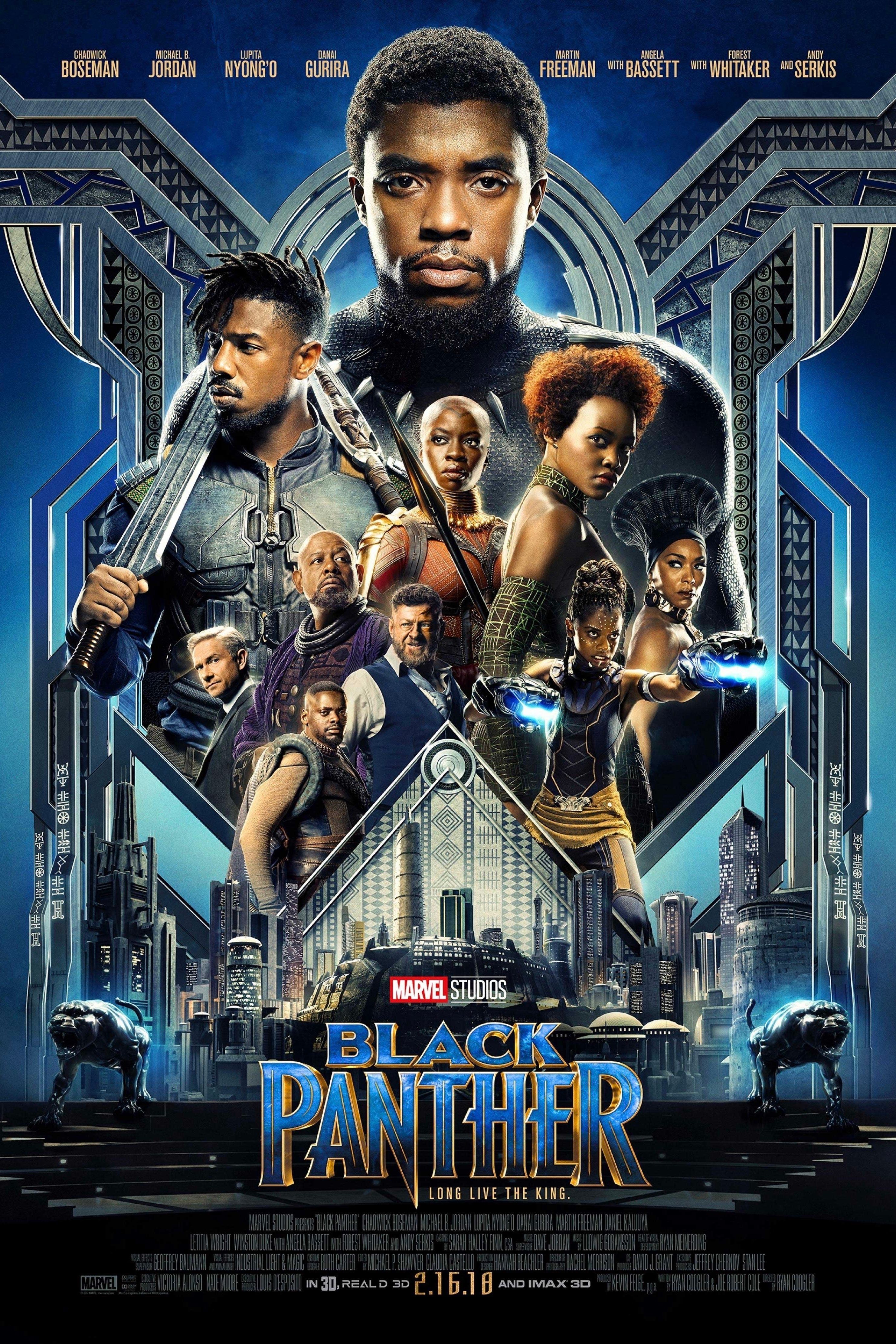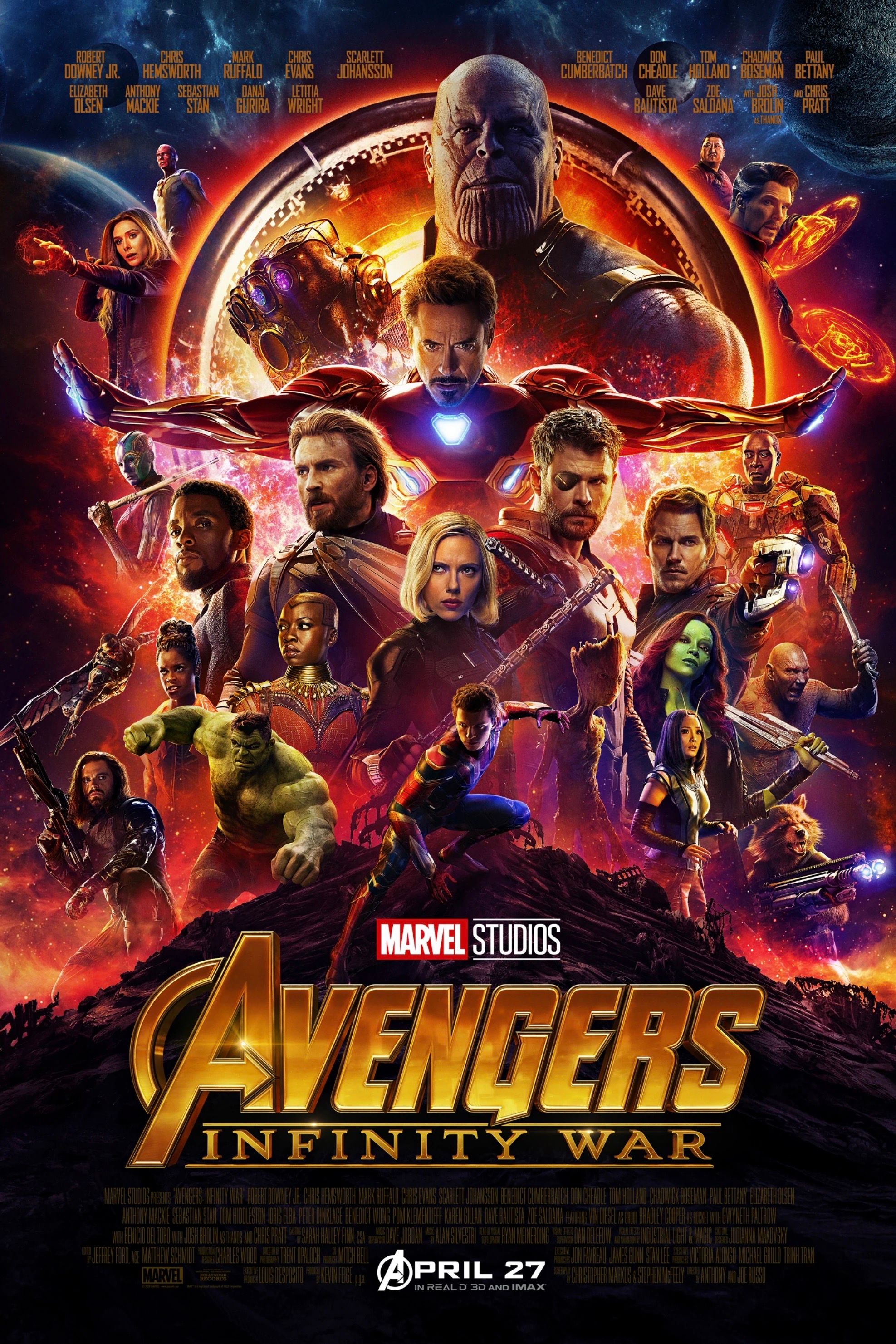There's a new Marvel movie out this week. Or rather, there is if you live in the UK, Australia, Western Europe and a bunch of other international territories. If you're in the US, Canada or a considerably shorter list of other countries, you're going to have to wait until November 3 to see Thor: Ragnarok.This has been Marvel's default approach since 2010; they released Iron Man 2 early in a select number of markets and since then it's been taken as the norm. The only exceptions are Captain America: The First Avenger, which had a more staggered release worldwide likely due to the risk of the film being read as jingoistic, and Spider-Man: Homecoming, which released pretty much everywhere (sans China) at the same time because Sony were handling distribution.Per Kevin Feige, who once addressed this trend at a Q&A (via reddit), that Iron Man 2 release was, along with Thor, really more of an experiment. Many international markets have holidays at the end of April, so he decided to test if the excess free time would transfer into increased ticket sales. There was no negative impact, so it stuck. But that's not really the full story - why is something that worked on Iron Man 2 still be in practice now?
The Early Release Is All Part of Marvel's Complex Hype Machine
Most obviously, this approach helps build hype. As it grew from fledgling comic book producer into the dominant influence in Hollywood, Marvel Studios has become a master hype machine, dominating the weeks leading up to a release with coverage - be it new footage, spoiler-free reviews or more. A big part of this is the actual roll-out. The specifics vary from film to film, but as a rule the MCU unveils its movies noticeably earlier than its competitors. Press junkets can occur almost a month in advance and embargos lift not soon after (Thor: Ragnarok had reviews released a whopping 15 days before its domestic opening).
Having the film out to general audiences in several key territories only amplifies this excitement. Marvel's never really faced a critical drubbing (the lowest rated film on Rotten Tomatoes is Thor: The Dark World on 66%, which to date is only the second movie after The Incredible Hulk to not be Certified Fresh) so there's little need for a fan/critic argument (although it's a different story when it comes to TV) but having genuine audiences praising the film is a cherry on top of the hype sundae.
But, frankly, general buzz is nothing on the financial impact of the early releases.
Early Releases Make Marvel Movies Look More Successful Than They Actually Are
What coming out a week earlier really allows is the most elaborate preview window possible. Previews exist for a bounty of reasons (including the hype build), but it all really comes down to inflating box office perception. Show a movie on Thursday evening before the official Friday open or just bite the bullet and have it start full run midweek adds more screening times to get more people in. The earlier you can open a movie and have it count as the "weekend", the better chance of topping the box office and, if we're talking about mega tentpoles, make headlines for breaking a record. The early international release serves as something of a massive preview; it doesn't count towards opening numbers, but greatly alters the movie's total early on (compounded by the film coming out even earlier in some territories - Thor's out on Tuesday, October 24 in the UK).
The real upshot of this is that Marvel movies go into their opening weekend already box office successes; in addition to the dependably large projections, there's already upwards of $100M in the bank, allowing a bunch of "worldwide #1" headlines on the first weekend. But the real payoff comes on the Sunday, when in some areas the film has been on release for ten days; as the final numbers come in, the worldwide count will typically round up, meaning they include a whole previous week of ticket sales from many markets. And you can bet that looks good against the competition.
How This Inflates Marvel's Perceived Box Office
Make no mistake, this box office boom is a big addition, in most cases almost doubling the total: Guardians of the Galaxy Vol. 2 was on $428M worldwide at the end of its first weekend, but only $252M actually came from ticket sales in the frame; $172M of Doctor Strange's $325M was from international previews; Captain America: Civil War's undeniably impressive global $379.5M the week it started in the US was made even more staggering by a $678M running total. Of course, there's some accounting required for the fact in many markets the film was obviously on its second weekend when it opened domestically - in places like the UK and Australia the take will have been lower - but it's clear there's a major boost from this method.
You can see the psychological impact of this when comparing to movies following a more standard release: Wonder Woman opened to $228M, which looks paltry next to Guardians 2 and Strange's rolling amount even though taking just the weekend numbers Diana doesn't stand far behind Star-Lord and is a good shield bound beyond the Sorcerer's Supreme; Batman v Superman's $422M leaves Civil War in the dust; and, most shocking, Spider-Man: Homecoming, which as we already said didn't have an early international release, was widely called out as a mild performer when it actually beat Guardians' opening when adjusting with $256M (and still stands as the year's biggest superhero film worldwide).
Now, there's nothing inherently wrong with this approach. It's proven to work, audiences are clearly receptive to it, and it doesn't take from the legs exemplified by MCU movies. However, it does mean that box office developments of these films needs to be reported on correctly (as is the case with all previews). A bit of deeper reading will, of course, reveal the truth of each respective movie's success, but at a glance Marvel Studios is undisputed king when the truth is more nuanced.
The Major Downside - It Splits The Fandom
If there is one downside to the whole idea, it's that it imbalances the fanbase. The preservation of spoilers wasn't a prevalent concern in the early days of Phase 1 when the MCU wasn't the full-on juggernaut it is now and so this gap could exist. Now, at the forefront of mainstream pop culture, there's a hunger for anything Marvel and that makes the seven days where only half the fandom has seen the latest film tricky; in the real world they may be separated by oceans, but online everyone's part of the same discussion. Those who've seen it have to keep hidden behind spoiler warnings, and when the US has caught up for many the moment's passed.
That may be why, while other franchise will employ similar tactics - Star Wars films always open internationally a day or two ahead of the domestic release due to stretched preview rules - they don't go all in and have the week's advance notice. The staggered release only works as part of Marvel's bigger extended roll-out. If they didn't lift embargos so early and be so open, the hype machine would falter. The fanbase that's split is only a minor section of Marvel's audience and evidently something that thus far they've not been too concerned about considering their $12 billion take (so far).
-
For most of cinema's history, movies would take sometimes months to make their way out of the domestic market. It's thus ultimately indicative of a major shift occurring in the industry that now the US and Canada are the last port of call for the biggest franchise around. And it's somewhat fitting; they are Earth's Mightiest Heroes, after all.

